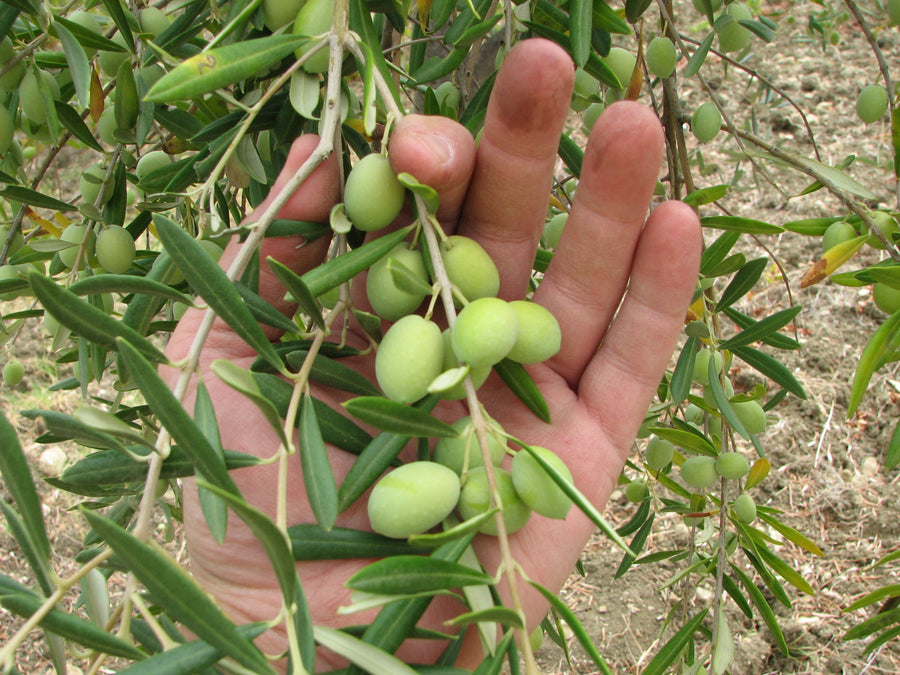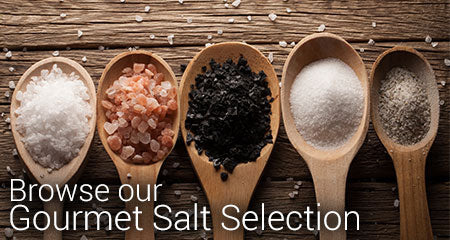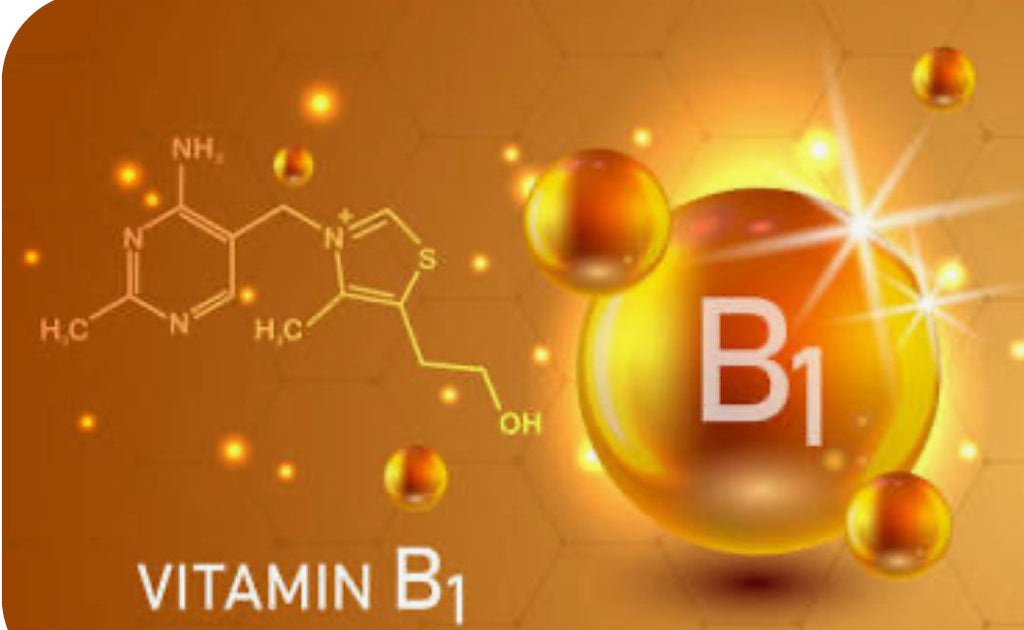Comparison of Dietary Oils - Blog #14

Hi Everyone! Happy Friday! I hope you are all well and feeling the amazing effects of EVOO!! Today I want to compare dietary oils, their qualities, health benefits and how to store and use your oil. I will be looking closely at EVOO, VCO (virgin coconut oil), canola and other vegetable oils. First, it is important to understand what the oil you are about to use is made from, where it comes from and what you are planning to use it for.
There are multiple applications for the uses of fats and oils. Approxiately 3/4 of the use is in food. Other uses include animal feeds, biodiesel, paints (alkyd resins), soaps, fatty acids, personal care products, lubricants and greases. Let’s talk about the oils used in food. The top 3 oils produced are palm oil, soybean oil and canola oil. Let’s look at several of the most used oils and compare.
Consumption of Oils Worldwide 2019/20 (in million metric tons):
Palm Soybean Canola Sunflower Peanut Cottonseed Coconut Olive
71.48 55.46 27.62 19.33 6.12 5.08 3.65 2.97
Palm: Indonesia, Malaysia. Palm is the number one oil produced because it’s a very productive crop and cheaper to produce than other oils. There are huge environmental concerns with deforestation, habitat loss and large methane production. Non-GMO. A highly toxic weed killer (Gramoxone) is used extensively in oil palm plantations. It can be fatal if swallowed, breathed in or absorbed through the skin, with no known antidote. As this is becoming more banned, glyphosate (Roundup) is taking its place. Highly refined through chemical or physical methods followed by bleaching and deodorizing, losing vitamins E and A (red palm oil) and producing oxidative damage as well. (50% SFA, 10% PUFA, 40% MUFA). Provides Vit E (14%dv), vit K and red palm provides some carotenoids, a precursor to vitamin A. Due to the high MUFA levels, it is thought to lower cholesterol and help prevent heart disease, cancer. Smoke point 455 deg F. Palm oil is often used in peanut butter as an emulsifier, cereals, baked goods, protein and diet bars, chocolate, coffee creamers and margarine. It is solid at room temperature and will stay fresh for some time. Storing in the fridge will extend shelf life.
Soybean Oil: China, U.S., Brazil, Argentina. Soybean is the #1 GMO food produced to be resistant to glyphosate (Roundup). China imports soybeans to crush for soybean oil and soymeal to feed livestock. If you eat meat imported from China, you are likely consuming Roundup. 14% SFA, 68% PUFA (55%omega 6, 13%omega 3), 18% MUFA(omega9). Trans-fat up to 2.1%. If you buy soybean margarine that is partially hydrogenated soybean oil, you are getting up to 50.2% trans-fats. That’s very alarming!! Provides small amount of vitamins E and K, thought to promote skin health, reduce cholesterol, prevent bone loss and provide some omega 3. Smoke point 453 deg F. Typically has a shelf life of 1 year. Store in dark, dry place away from heat. Storing in the fridge will extend shelf life.
Canola Oil: China, EU, Canada, India, Japan. #3 GMO food. ‘Canadian Oil’ comes from the rapeseed plant. However, wild rapeseed contains erucic acid, which is toxic. Canadian plant breeders genetically modified rapeseed to produce low erucic acid that’s safe for consumption and called it canola, mostly unsaturated, small amount of Omega 3, tends to decrease cholesterol and inflammation. After flaxseeds and walnuts, canola is one of the best oil sources of omega 3 and alpha-linolenic acid. Contains vitamin E, vitamin K. It has a neutral flavor, you can bake with this oil (can substitute 3/4 C canola for 1 C butter). Most modern canola is GMO and treated with glyphosate (Roundup). Highly refined through chemical extraction, resulting in some trans-fats up to 3.6%. Contains vitamin E (16%dv), vitamin K (3.2mcg) and beta-sitosterol, polyphenols 113ppm. Partially hydrogenated canola is used a lot in margarines. This produces trans-fatty acids that have detrimental health effects. Glyphosate use is generally pre-harvest. (7% SFA, 19% PUFA, 63% MUFA). Smoke point unrefined 225, refined 400 deg F. Also used to make biodiesel. Store in cool, dark place away from heat or exposure to oxygen. Storing in the fridge will extend shelf life.
Sunflower Oil: Russia, Argentina, Turkey. Non-GMO. Neonics (neuro-active insecticides) are widely used on sunflower seeds. This is having a negative impact on honey bees, other insects and birds. Use is restricted in several U.S. states. 4 types available in U.S bred to produce different fatty acid compositions (high linoleic, mid-oleic, high oleic, high stearic/high oleic), rich in vit E (37%dv), vit K (.2mcg). Smoke point unrefined 225, refined 450 deg F. Store in the fridge. Keeping cold will keep oil viable for about 6 months.
Peanut Oil: China, India. Groundnut legume belonging to the pea and bean family. USDA has found 8 pesticides, along with a carcinogen in peanut butter. Often, peanut crops are rotated with cotton, which is a Roundup resistant crop. This is the reason many scientists feel caused the peanut allergy. (20% SFA, 30% PUFA, 50% MUFA) Contains vitamin E, no vit K. Smoke point unrefined 320, refined 450 deg F. Store in the fridge in an airtight container away from light up to 1-2 years.
Cottonseed Oil: China, India, Pakistan, U.S., Brazil, Turkey. China is largest producer and consumer. and (26% SFA, 55% PUFA, 19% MUFA). Byproduct of cotton industry. China is the main producer and consumer. Genetically engineered to produce high-oleate oils to use in spreads. Used a lot in frying. Highly refined followed by bleaching and deodorizing. Contains vitamin E (32%dv). Smoke point 428-446 deg F. Store in the fridge away from light 6 months - 1 year.
Coconut Oil: Philippines, Indonesia. Extracted from mature coconuts through pressing or chemical extraction or both. Non-GMO. No pesticides used. Almost 90% SFA (saturated fat) less than 50% of the saturated fat is lauric acid (acts more like a long-chain fatty acid and is antimicrobial), the small amount of unsaturated is Omega 6 fatty acids, tends to increase both HDL and LDL cholesterol. Considered medium chain fatty acid. Digests quickly, produces ketones and provides a quick source of energy, satiating and good appetite control, possibly decreases risks of some health conditions, such as metabolic. Virgin coconut oil contains negligible amounts of vitamin E, vitamin K and minerals, coconut flavor. Current recommendations are to consume no more than 10% daily calories from saturated fat each day. (82% SFA, 1.7% PUFA, 6% MUFA). Smoke point virgin, unrefined 350, refined 450 deg F. Store in cool, dark place away from heat and light. Solid at room temperature. Virgin coconut oil is viable for several years, refined 1-2 years.
Olive Oil: Spain, Morocco, Turkey, Greece, Italy. Derived from olives (highest consumption is Greece, Spain, Italy). Non-GMO. Trees are very hearty, so generally no need for pesticides. However, herbicides are sometimes used to control weeds that soak up the water needed by the olive trees. The limit for glyphosate in Europe is set at .5mg/kg body weight. The U.S. standard (set by the EPA) is 3.5 times as high as Europe’s. (Ongoing investigation over EPA’s (Jess Rowland) collusion with Monsanto to contradict WHO’ studies demonstrating how glyphosate is carcinogenic. EVOO is one of the most adulterated foods in the world. 73% of grocery store brands failed to meet the standards of the International Olive Council! It is often adulterated with soybean, sunflower or other oils. Look at the crush date!! KNOW YOUR OIL!!! EVOO is high in vitamin E (13% daily value), vitamin K (7%, 2.7mcg), loaded with polyphenols and antioxidants. (14% SFA, 15% PUFA, 73% MUFA). Smoke point EVOO 405-430 deg F. Higher smoke point with higher polyphenol levels. Store in cool, dark place away from heat and light. It is not recommended to refrigerate EVOO because condensation can occur after the oil has been chilled and may increase the rate of oxidation. With EVOO, fresh trumps everything, so you want to use your high polyphenol EVOO within about 6 months. High polyphenol EVOO does have a good ‘shelf life’ due to all the polyphenols keeping the oil from going rancid. But you want to get these in your body ASAP!!
So, what is pure vegetable oil? Most are a blend of canola, corn, soybean, safflower, palm and sunflower. So, very full of GMOs and glyphosate. High in PUFA (tend to be more inflammatory).
According to Medical News Today:

Okay! it is very enlightening to see which oils are GMO, which are treated with glyphosate (Roundup), how processed they are, nutritional qualities and smoke points. When deciding what oil to use, look for non-GMO, organic and first cold pressing for the most nutritionally intact components. Be aware of smoke points and use fresh oils within a few months, protecting them from oxygen, heat, and light. My go-to, as you all know by now, is high polyphenol EVOO. It has a high smoke point, so I can use it for everything I do in cooking. I consume it raw for the health benefits. As you can see by the chart above, EVOO has the most monounsaturated fatty acid content and low on saturated and polyunsaturated fatty acids. Canola is also fairly low in both SFA and PUFA and higher in MUFA, but the problem is nearly all is GMO and treated with glyphosate!! No thank you. Coconut oil is non-GMO and pesticide/herbicide free and would be a good choice, except is it high in saturated fat and low monounsaturated fats and low in vitamins. Olive trees are non-GMO, very hearty and don’t generally get treated with pesticides. It is high in monounsaturated fats, high in vitamins and high in polyphenols. You can research and find some non-GMO oils, including canola, soybean and palm that are grown from non-GM seeds, and some organic non-GMO sunflower oil (Clear Valley, Odyssey, Cargill), but it is refined. You can get organic cold-pressed soybean oil, but watch out for all the phytoestrogens and its affect on your thyroid! You can also get high oleic soybean oil grown here in the U.S., genetically modified to be higher in Oleic acid. It is also modified for a high smoke point offering among the “longest fry life of any edible oil.” It is used in soy-based shortenings for many baking applications. It is very important to understand that anytime an oil is hydrogenated, or partially hydrogenated, as in margarines and shortenings, you will get trans-fats, which are the worst fats to put in your body, increasing your risk of heart disease, diabetes, cancer and many other health problems. Know your oil! Know where it comes from! Is it GMO? Treated with any chemicals? What’s the smoke point? What are the health benefits/risks? Are you using it to bake, fry, sauté or eat raw on food?
So, until next time my friends, drink, drizzle, digest high polyphenol EVOO, eat fatty fish, drink lots of water, get plenty of sleep, give your gut a pre/probiotic, exercise your body and mind! #EVOO
This blog is intended for informational purposes only. Discuss strategies with your Healthcare Practitioner.






